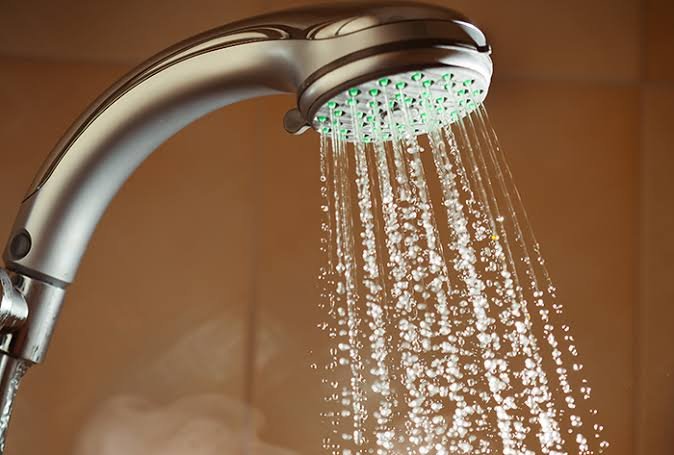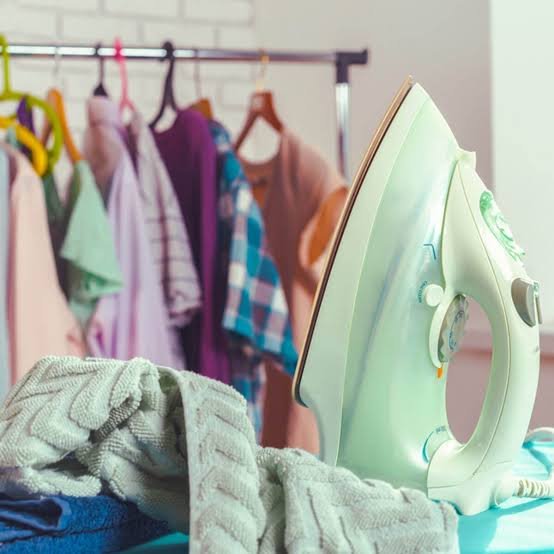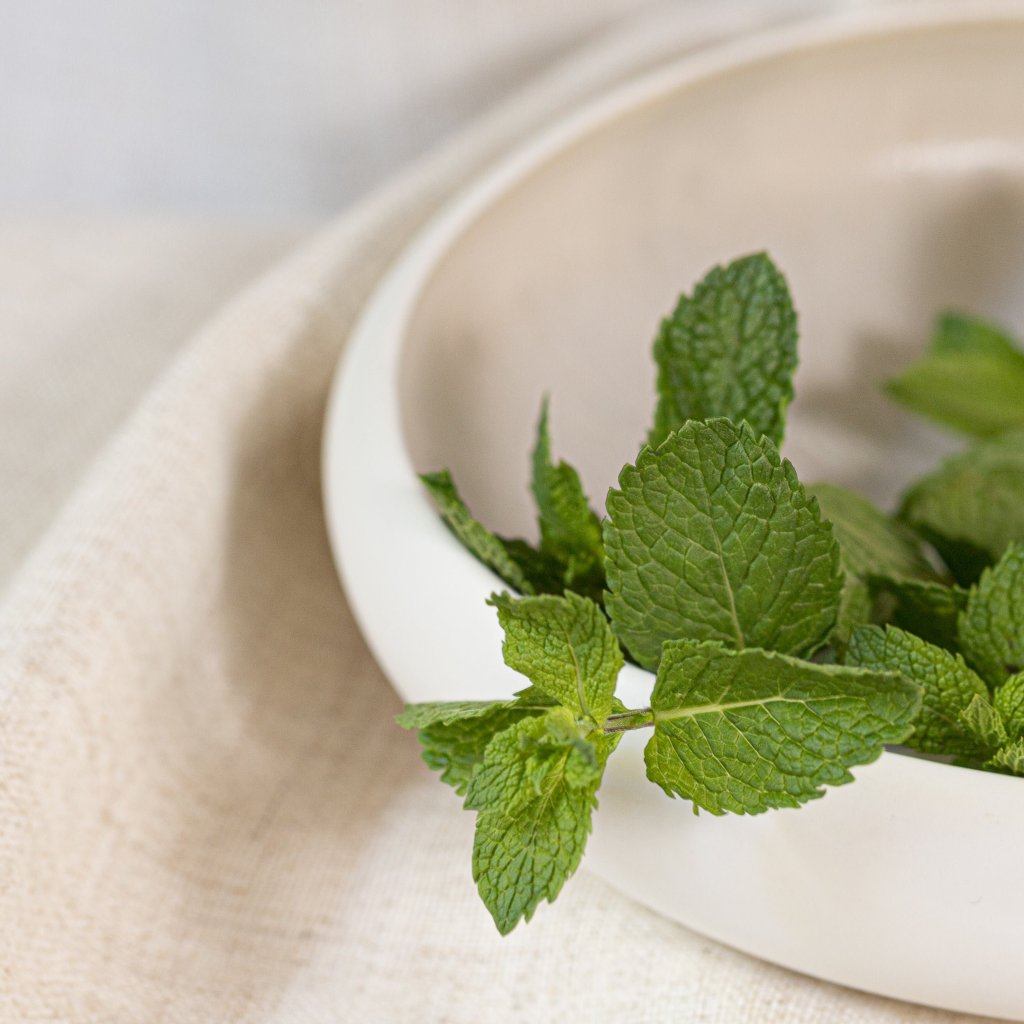
You’ve probably heard the term “childbearing hips” before. Perhaps someone used these words to describe their own body shape or someone else’s. But given that most women are capable of bearing children, it might seem a little strange and even misleading to say that someone has the hips to bear a child.
What do people mean by childbearing hips?
In fairness, describing a woman’s hips as childbearing/fertile doesn’t mean she has any special ability to have children that other women don’t have. Simply put, the natal hip or childbearing hips refers to the female pelvic structure. This expression, nine times out of ten, is used to describe women who have larger or wider hips.

Pelvic shapes aren’t one size fits all. Rather, their shape and size can vary greatly from woman to woman. Typically, some women have a wider pelvis and hips, which can make it easier for them to carry and birth a child
Having broader hips can make childbirth easier, but it is not the only factor that affects how easy or difficult a woman’s labor will be. Other factors include the size of the baby, the position of the baby, the mother’s overall health, and the strength of the woman’s contractions.
A woman with broader hips typically has a wider pelvic outlet, which means there is more room for the baby to pass through during childbirth, potentially reducing the likelihood of certain complications, such as shoulder dystocia (when the baby’s shoulder becomes stuck behind the mother’s pelvic bone). This can make labor and delivery easier and less painful. However, even women with wider hips can experience difficult childbirths if their babies are large or in a difficult position.
Additionally, a person’s pelvic structure is not solely determined by hip width but involves the overall dimensions and angles of the pelvis.
It is also worth noting that a person’s body shape or hip width does not guarantee an easy or difficult childbirth. Some individuals with narrower hips can have straightforward deliveries, while others with wider hips might still face challenges during childbirth. Each person’s birth experience is unique and influenced by various factors beyond hip width alone.
It is advisable for expectant parents to consult with healthcare professionals, such as obstetricians or midwives, who can assess individual factors and provide guidance regarding childbirth. These professionals can offer personalized advice and support throughout the pregnancy and delivery process.
There are a few things that women can do to help prepare for childbirth and make it easier. These include:
- Staying active during pregnancy: Consider doing pelvic floor exercises during pregnancy. These exercises can help strengthen the muscles that support the pelvic floor and make it easier for the baby to pass through the birth canal.
- Eating a healthy diet
- Getting regular prenatal care: Talk to your doctor about your specific situation. They can help you determine if your hips are wide enough for a vaginal delivery and can discuss any risks or complications that may be associated with your childbirth
- Learning about childbirth and how to cope with pain
- Be patient and don’t be afraid to ask for help. Childbirth can be a long and challenging process, but it is also a beautiful and rewarding experience.
- Having a support person during labor and delivery
By taking these steps, women can help ensure that their childbirth experience is as positive as possible.

Don’t worry if you don’t have what would be considered childbearing hips. Having larger, wider hips isn’t always an indicator of whether you’ll have an easy birth experience.
Childbirth is a complex experience no matter the size or shape of your pelvis. Until you’re at the point where you’re ready to deliver, there is no way to know how easy (or how difficult) your birth will be.
Either way, once delivery is underway, seek comfort knowing you’ll soon meet your little bundle of joy!








